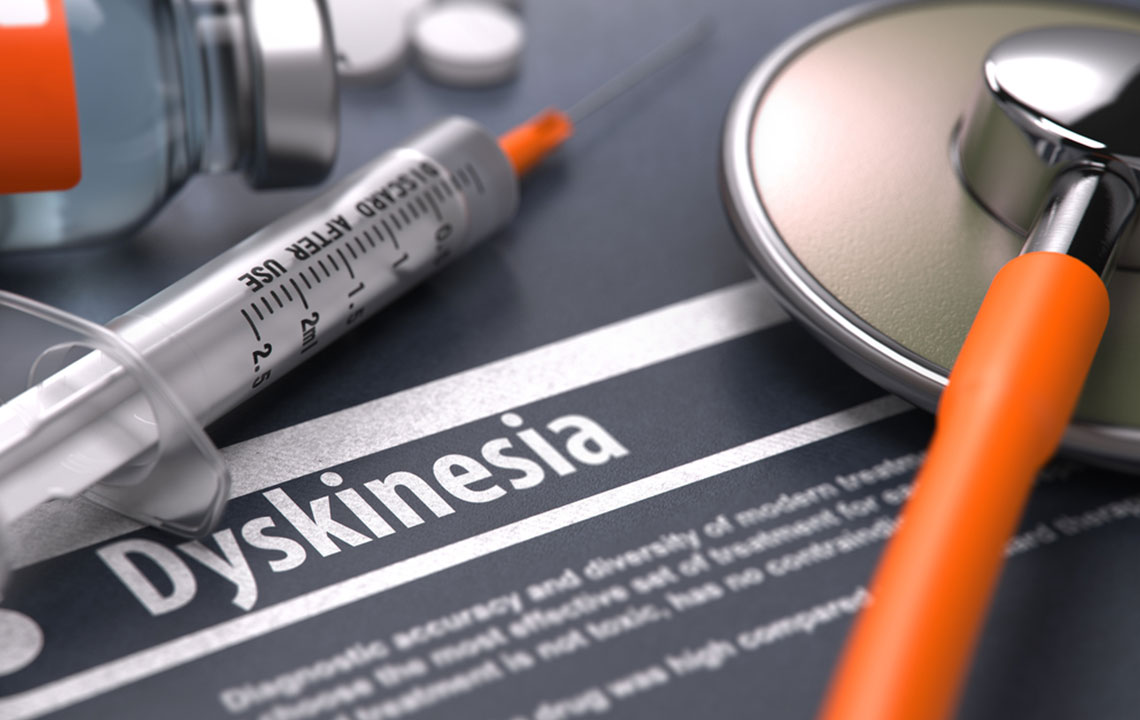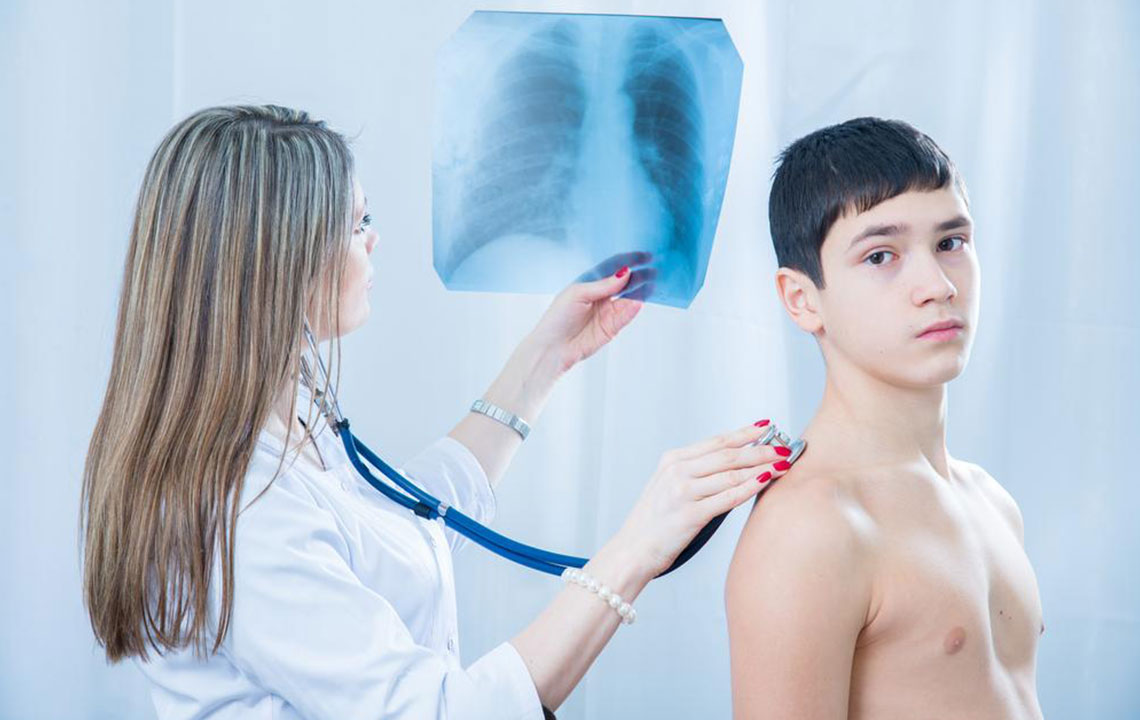Comprehensive Guide to Food Poisoning: Recognizing Symptoms and Effective Treatment Strategies
This comprehensive guide covers everything about food poisoning—from causes and symptoms to effective treatment and prevention tips. Learn how to recognize early warning signs and manage symptoms efficiently to protect your health and avoid serious complications. Whether mild or severe, understanding these strategies can help you recover faster and prevent future outbreaks.

Food poisoning, also known as foodborne illness, is a widespread health concern that results from consuming contaminated, spoiled, or improperly prepared foods. Understanding its causes, symptoms, and treatment options is essential for maintaining health and preventing severe complications. This detailed guide aims to provide comprehensive information for individuals seeking to protect themselves and their loved ones from the adverse effects of food poisoning.
Food poisoning occurs when harmful bacteria, viruses, parasites, or toxins contaminate food items. These microorganisms can originate from contaminated water, poor hygiene practices during food preparation, improper storage, or inadequate cooking. The consequences can range from mild discomfort to severe health complications, especially in vulnerable populations such as children, pregnant women, the elderly, and immunocompromised individuals. Recognizing the symptoms early enables prompt treatment, reducing the risk of long-term health issues.
Common Causes of Food Poisoning
Bacterial Contaminants: Pathogens like Salmonella, Escherichia coli (E. coli), Listeria monocytogenes, and Campylobacter are common culprits. These bacteria often proliferate in undercooked meats, improperly stored dairy products, and contaminated produce.
Viruses: Norovirus and hepatitis A virus can contaminate food, especially in settings with poor hygiene standards.
Parasites: Protozoa such as Giardia lamblia and worms can infect food through contaminated water or raw meats.
Toxins: Certain bacteria produce toxins that cause sickness, such as Staphylococcus aureus and Bacillus cereus, which proliferate in improperly stored cooked foods.
Other Factors: Cross-contamination, improper cooking temperatures, and inadequate refrigeration are primary contributors to food poisoning outbreaks.
Recognizing the Symptoms of Food Poisoning
Detecting food poisoning early is crucial for effective management. Symptoms vary depending on the type of contaminant and individual health conditions but generally include:
Nausea and Vomiting: Often the first signs, indicating the body's attempt to rid itself of toxins.
Stomach Pain and Cramps: Abdominal discomfort is common as the gastrointestinal tract reacts to the infection.
Diarrhea: Frequent, watery bowel movements develop as the intestines attempt to eliminate harmful agents.
Fever and Chills: Mild to moderate fever may accompany the illness, indicating the immune response.
Loss of Appetite: Reduced desire to eat, leading to nutritional deficiencies if prolonged.
Headaches and Weakness: Systemic symptoms resulting from dehydration and immune activation.
Dehydration: Excessive fluid loss through vomiting and diarrhea can cause dehydration, leading to dizziness, dry mouth, and decreased urine output.
Severe and Emergency Symptoms
While mild food poisoning typically resolves within a few days with proper care, some cases require urgent medical attention. Seek immediate help if you experience:
Persistent or Bloody Diarrhea: May indicate a severe bacterial infection.
High Fever: Over 101°F (38.5°C), especially if it persists.
Signs of Dehydration: Extreme thirst, dry skin, confusion, or fainting.
Inability to Keep Fluids Down: Persistent vomiting that prevents rehydration.
Blood in Urine or Feces: A sign of internal bleeding or severe infection.
Difficulty Speaking or VisionProblems: Indicative of neurological involvement, requiring immediate assessment.
Effective Treatment and Management of Food Poisoning
The primary goal in managing food poisoning is to prevent dehydration, support the body's recovery, and address any underlying infections. While mild cases often resolve on their own, specific care strategies can significantly ease symptoms and prevent complications:
Hydration is Key
Replenishing lost fluids is vital. Drink plenty of water, clear broths, electrolyte solutions, and natural beverages like coconut water and fresh fruit juices. These help restore electrolyte balance and prevent dehydration. Avoid caffeine, alcohol, carbonated drinks, and caffeinated beverages as they can irritate the stomach or worsen dehydration.
Dietary Adjustments
Eating easily digestible foods can alleviate gastrointestinal irritation. The BRAT diet (bananas, rice, applesauce, and toast) is often recommended initially. Gradually reintroduce bland foods like boiled potatoes, plain crackers, and cooked vegetables. Avoid fatty, spicy, fried, or dairy-rich foods until recovery is complete, as they can exacerbate symptoms.
Medications and Medical Assistance
Over-the-counter anti-diarrheal medicines or anti-nausea drugs may be used cautiously, but it’s best to consult a healthcare professional before use. Antibiotics are only prescribed for confirmed bacterial infections; unnecessary use can worsen resistance or cause side effects. In severe cases or when symptoms persist beyond 48 hours, seek medical care for comprehensive treatment, including intravenous fluids or medications.
Home Remedies and Supportive Care
Herbal teas like chamomile or peppermint can soothe upset stomachs. Rest is essential to allow the immune system to fight the infection. Avoid smoking and alcohol consumption during recovery, as they can impair healing and cause further dehydration.
Prevention Tips to Avoid Food Poisoning
Practice Good Hygiene: Wash hands thoroughly with soap and water before handling food and after using the restroom.
Ensure Proper Food Storage: Keep perishable items refrigerated at or below 40°F (4°C).
Cook Foods Thoroughly: Use a food thermometer to ensure meats reach safe internal temperatures.
Avoid Cross-Contamination: Use separate cutting boards and utensils for raw meats and vegetables.
Follow Safe Food Handling Guidelines: Wash produce properly and avoid consumption of expired or spoiled foods.
Stay Informed: Be aware of food recalls and safety alerts from regulatory agencies.
When to Consult a Healthcare Professional
If symptoms are severe, persistent, or worsening, or if you belong to a high-risk group, seek medical attention immediately. Prompt diagnosis and treatment can prevent complications and facilitate faster recovery.
In conclusion, food poisoning is a common but preventable condition. Recognizing early symptoms and taking appropriate measures can significantly reduce health risks. Maintaining good hygiene, proper food handling, and timely medical intervention form the foundation of effective prevention and treatment strategies.





